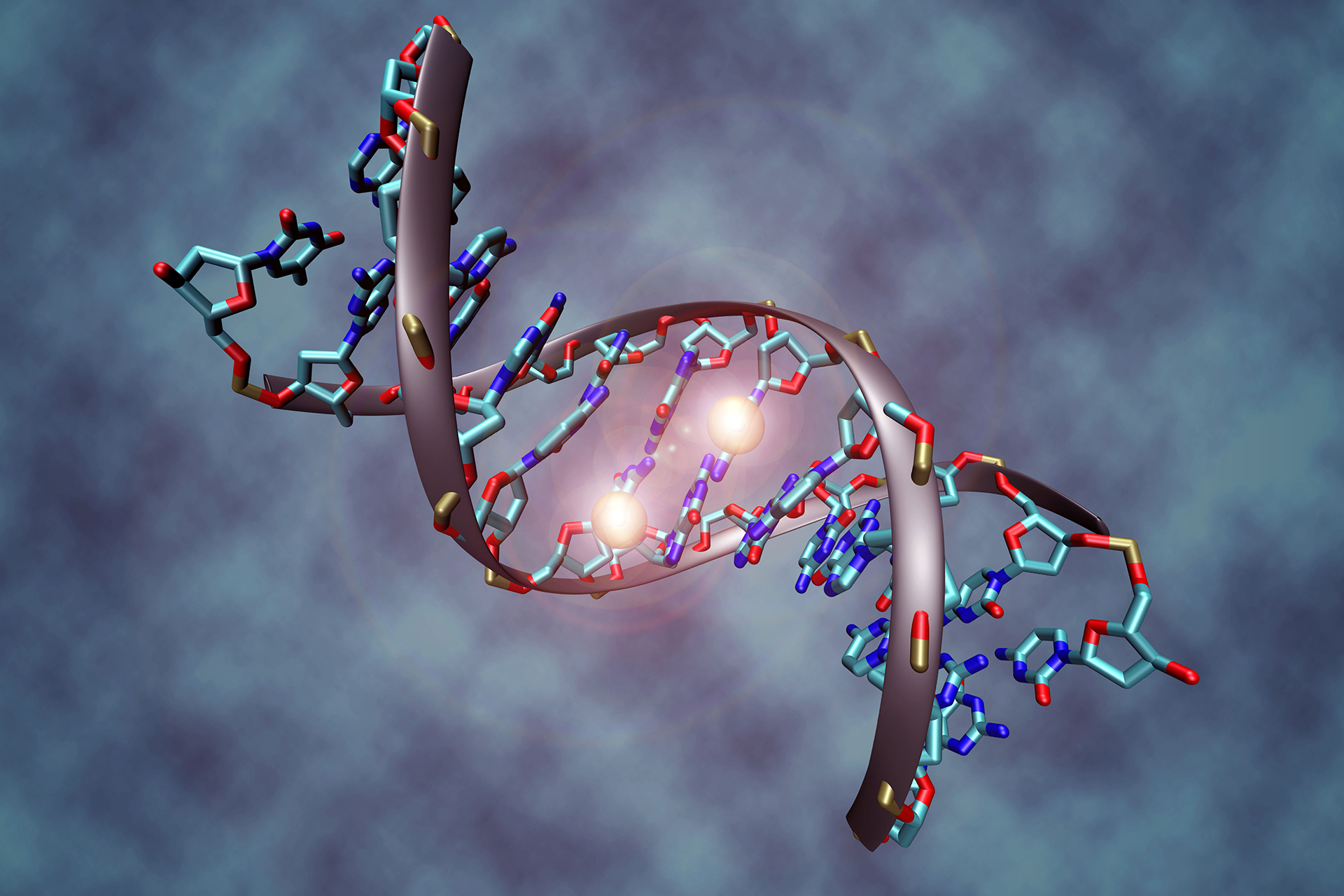A father's diet can affect the way his offspring's genes function, according to the authors of a study on mice. Scientists found information about the diet of male mice can be passed to their offspring, causing changes to the 'switching on and off' of genes involved in processes like metabolism. The research could one day help identify people at higher risk of illnesses like diabetes and heart disease.
The findings add to growing evidence that information about the environment can be passed to offspring by epigenetic mechanisms. A study published last year in the journal Nature found rats who ate a high-fat diet fathered daughters with impaired glucose tolerance.
'It has increasingly become clear in recent years that mothers can endow their offspring with information about the environment', said study author Dr Hans Hofmann from the University of Texas at Austin. 'Our results show that offspring can inherit such acquired characters even from a parent they have never directly interacted with, which provides a novel mechanism through which natural selection could act in the course of evolution'.
Study leader Professor Oliver Rando and colleagues examined the effect of a father's diet on his offspring by feeding different diets to two groups of male mice. One group received a low-protein diet while the other was fed a standard control diet. The males mated with female mice who had received a normal, healthy diet. The patterns of gene activation in their offspring were analysed.
The offspring of males fed a low-protein diet showed changes in the activation or 'switching on and off' of hundreds of genes. The authors found a significant increase in the activation of genes involved in the production of fats and cholesterol in these mice, compared to those fathered by animals from the control group.
Professor Rando from the University of Massachusetts Medical School said: 'We don't know why these genes are being reprogrammed or how, precisely, that information is being passed down to the next generation. It's consistent with the idea that when parents go hungry, it's best for offspring to hoard calories'.
Closer examination revealed the changes in gene activation were due to so-called 'epigenetic inheritance', whereby changes in the 'switching on and off' of genes occur without altering the DNA code itself and can be passed from parent to offspring.
Professor Rando said the study: 'begins to rule out the possibility that social and economic factors, or differences in the DNA sequence, may be contributing' to what previous studies have found. Furthermore, it 'strongly implicates epigenetic inheritance as a contributing factor to changes in gene function'.
The research was published in the journal Cell.






Leave a Reply
You must be logged in to post a comment.